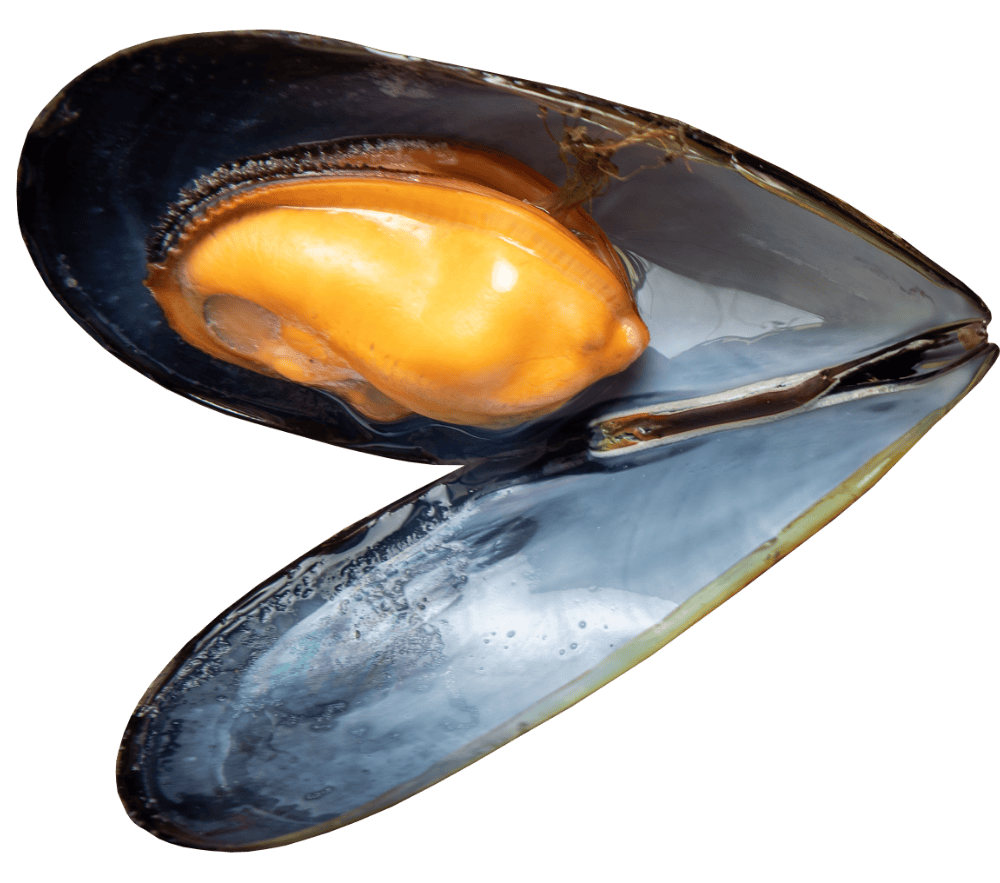The Australian shellfish
aquaculture company.
Sustainable. Ambitious.



Updates
Yumbah Aquaculture was recognised at the 2025 ASC Sustainable Seafood Awards Australia, winning Best Responsible Seafood Producer, and celebrating Yumbah’s Rebecca Pedler as a joint winner of Young Person in Aquaculture.
The Best Responsible Seafood Producer award acknowledges Yumbah’s commitment to sustainable aquaculture and environmental stewardship.
Yumbah CEO, David Wood said the recognition reinforces the company’s dedication to embracing environmental and social responsibility in every aspect of its operations. He also congratulated Rebecca Pedler as a joint winner of the Young Person in Aquaculture Award.
Yumbah Aquaculture is proud to announce it has become the first oyster farm in Australia to achieve Best Aquaculture Practices (BAP) certification – an internationally recognised benchmark for responsible aquaculture.
The BAP certification provides independent assurance that Yumbah’s oyster farming operations meet the highest global standards, reinforcing the company’s dedication to quality, sustainability, and continuous improvement across all aspects of aquaculture.
Discover More

Helping to build Australia’s Blue Economy by sustainable use of ocean resources for economic growth, better lives and healthy ocean ecosystems.